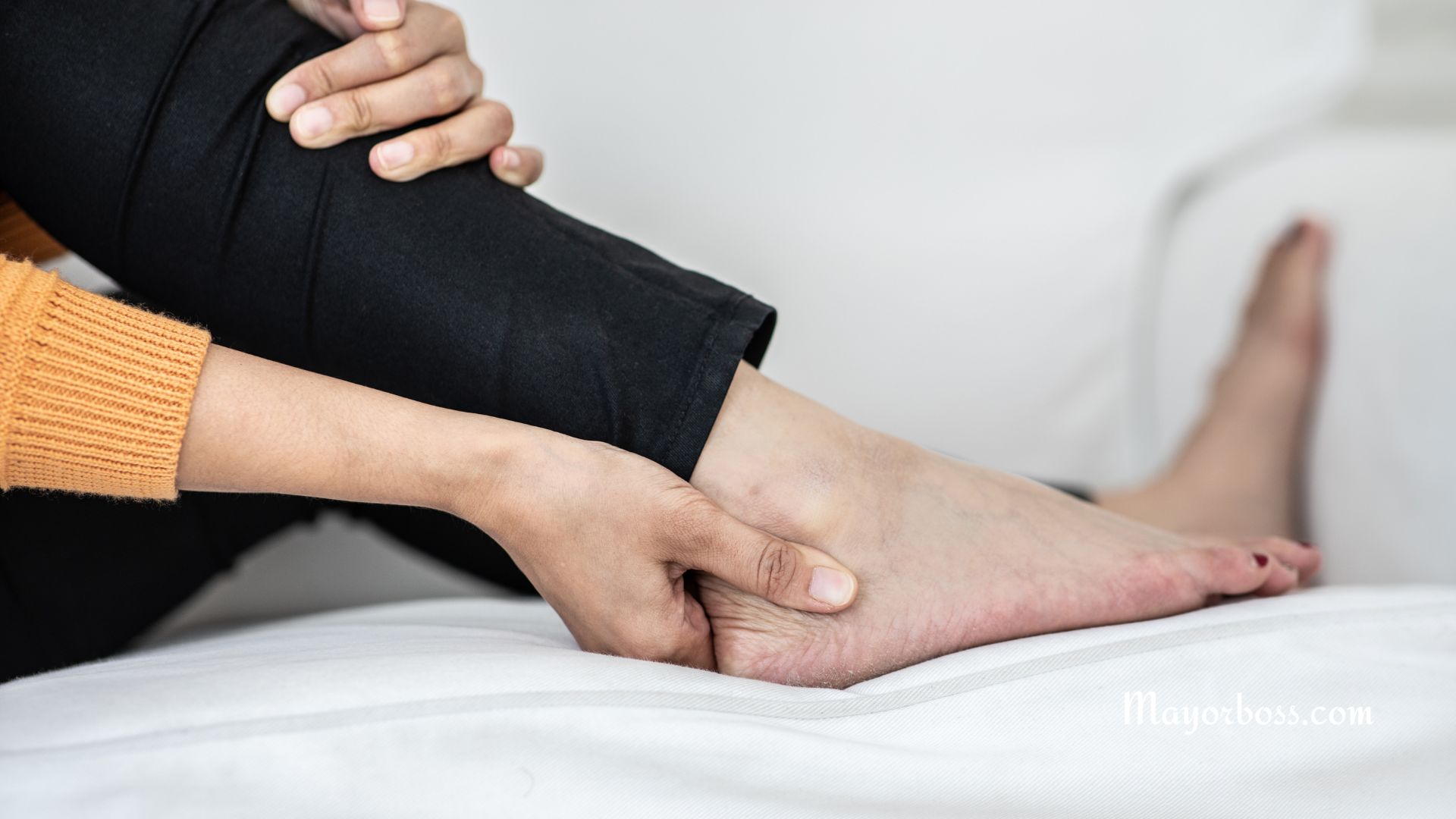What Causes Restless Leg Syndrome?
Restless Leg Syndrome (RLS) is a condition that makes you feel an overwhelming urge to move your legs, especially when you’re at rest or trying to sleep. The causes can vary from genetic factors to underlying medical conditions and lifestyle choices. Examples of triggers include iron deficiency, certain medications, and stress.
What Causes Restless Leg Syndrome?

Genetic Factors
You might be surprised to know that if someone in your family has RLS, there’s a good chance you could get it, too. Genetic factors play a significant role, particularly when the condition starts at a younger age. So, if your mom, dad, or sibling has RLS, you should be aware of the symptoms.
Iron Deficiency
A lack of iron in the body can be a significant cause of Restless Leg Syndrome. Clinically proven to be a common trigger, iron deficiency can lead to lower levels of dopamine, a neurotransmitter that affects muscle movements. Therefore, if you’re suffering from RLS, it might be a good idea to check your iron levels.
Medications
Certain medications can trigger or worsen RLS symptoms. The National Institute of Neurological Disorders and Stroke states antidepressants, antipsychotics, anti-nausea, and some antihistamine medications are common culprits. If you notice that your symptoms started after taking a new medication, consult your healthcare provider about potential alternatives.
Pregnancy
For some women, RLS symptoms first appear during pregnancy. Hormonal changes, particularly in the last trimester, can contribute to this condition. The good news is that symptoms usually disappear a few weeks after delivery.
Chronic Diseases
Chronic conditions like kidney failure, diabetes, and peripheral neuropathy often come with a host of symptoms, including RLS. Managing these conditions can sometimes alleviate the symptoms of Restless Leg Syndrome.
Lifestyle Choices
Your daily habits can significantly influence RLS symptoms. For instance, excessive caffeine or alcohol consumption can make symptoms worse. So can a sedentary lifestyle. Engaging in regular, moderate exercise may help in reducing the severity of your symptoms.
Stress
Believe it or not, your mental state can also be a trigger for RLS. Stress and anxiety can exacerbate symptoms, making it a vicious cycle as the condition itself can also lead to stress and sleep deprivation.
Underlying Conditions: The Hidden Causes
Sometimes, RLS can be a side effect of another medical issue. For example, spinal cord conditions or injuries can be associated with Restless Leg Syndrome. If you’re experiencing symptoms, it’s crucial to rule out any underlying conditions.
Diet and Nutrition
What you eat can affect RLS symptoms. Diets high in sugar and low in essential nutrients like magnesium can potentially worsen symptoms. If you’re grappling with RLS, consider revisiting your diet to see if it might be contributing to your condition.
Frequently Asked Questions
What Can I Do to Relieve RLS Symptoms at Home?
You might be wondering if there are ways to alleviate RLS symptoms without medication. Absolutely! Exercise and relaxation techniques like deep breathing can be beneficial. Similarly, taking a warm bath before bed or applying a hot or cold compress to your legs can also help. In addition, cutting back on caffeine and alcohol may reduce the severity of your symptoms.
Are There Specific Tests for Diagnosing RLS?
If you’re concerned about Restless Leg Syndrome, you might be curious about how it’s diagnosed. Generally, RLS is diagnosed based on your symptoms and medical history. However, your healthcare provider may also recommend tests like blood tests to check for iron deficiency or a sleep study to rule out other sleep disorders.
Can Children Get Restless Leg Syndrome?
You might think that RLS is an adults-only issue, but kids can get it, too. In fact, some children are misdiagnosed with “growing pains” when they actually have Restless Leg Syndrome. If your child complains of uncomfortable sensations in their legs, especially at night, consult a pediatrician for proper diagnosis and treatment.
Is Restless Leg Syndrome a Lifelong Condition?
If you’ve recently been diagnosed, you’re likely worried about the long-term implications. For some people, RLS is a lifelong condition, while for others, it can come and go. Moreover, certain triggers like pregnancy can cause temporary RLS that resolves after childbirth. However, with proper management, you can control the symptoms and lead a normal life.
Do Over-the-counter Medications Work for RLS?
Perhaps you’re considering using over-the-counter medications to manage your symptoms. While some people find relief using over-the-counter products like antihistamines, these are generally not recommended for RLS. They can actually worsen symptoms for some people. Always consult your doctor for treatment.
Further Reading: How to Stop Restless Legs Immediately at Home
